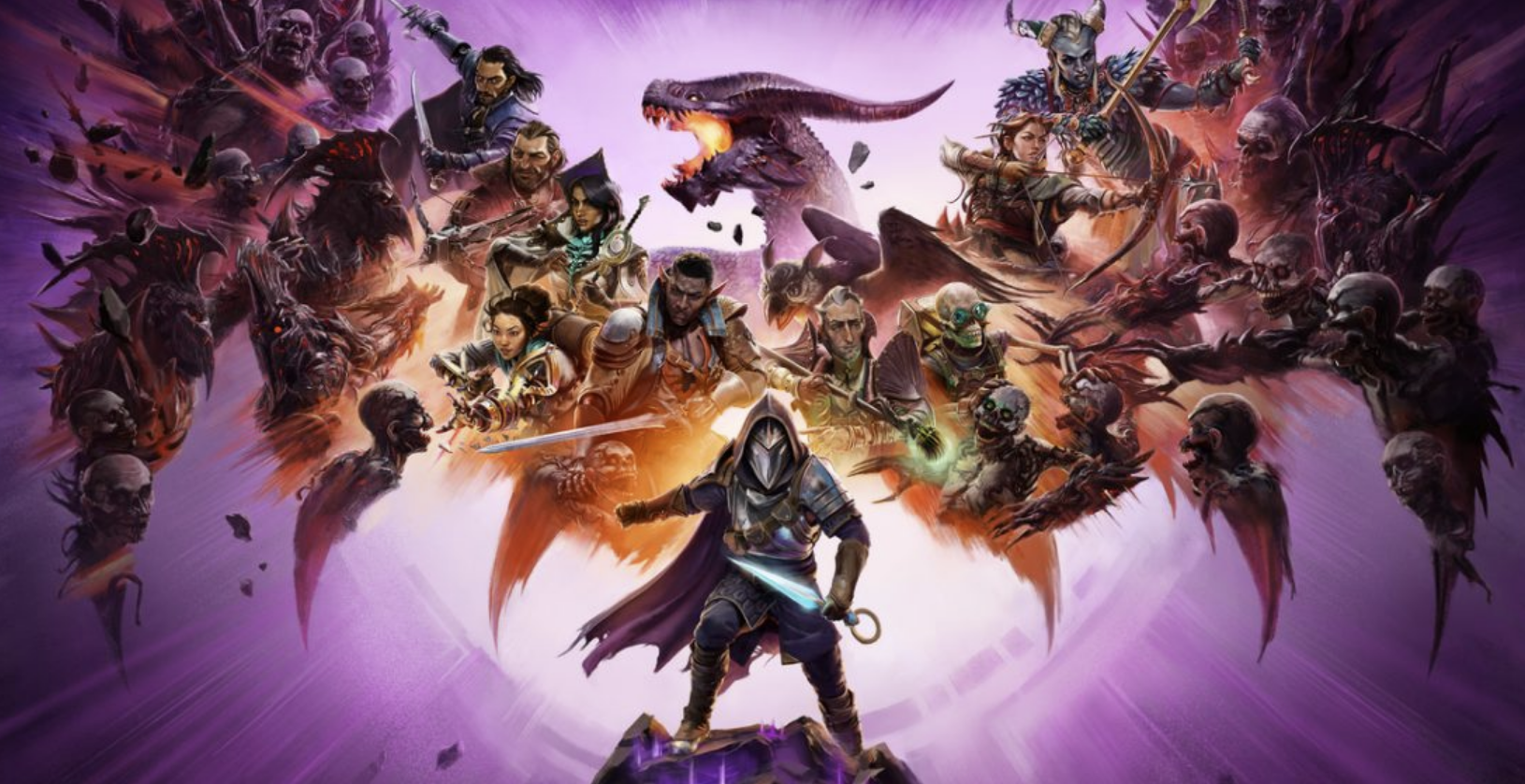For the longest time there has been a sort of Holy Trinity when it comes to video games coverage. From magazines to websites, open almost any of them up from any time and you'll find an outlet built on three things: News, Previews and Reviews.
News, I get! We all love news. We've all done news, we all love news, hell, through all the years and changes this business has gone through even this website still does news. Same goes for reviews; from people who view them as purchasing guides to those who are much cooler about it and see them as a form of criticism, they're fun to write and are still some of the most popular forms of video game writing on the internet.
But man, previews? Eehhhhh. Previews are a legacy of the darkest days of video game coverage, when the press was essentially a mildly independent arm of the industry's marketing apparatus. For a while there--and I know we distanced ourselves from them at Kotaku for years--a lot of sites wised up to the fact a preview is in most cases just carrying water for the people selling the video game and cut back on doing them.
Our former EiC Stephen Totilo even wrote a whole thing about it (I was one of the people who proposed nixing them), and included examples of the previews we started saying no to, the reasons why and the few exceptions to the rule. I think every one of those reasons still stands today:
The concern that we have at Kotaku about previews is that you, the reader, will feel misled by them. You'll read an optimistic preview in May and then wonder why the game we previewed seems, in November, to be junk. You'll wonder if the preview was de facto promotion, if it was the result of lazy, unskeptical reporting or even an honest effort made by people too foolish to identify the impossibility of assessing an autumn game in the spring.
That was written in 2013, when I had hoped more selective preview coverage might become more of a thing, but in hindsight it may as well have been written in a different timeline. I woke up this morning in 2024 to find my social media feed awash with games media getting extremely excited for Dragon Age: The Veilguard having played through a seven-hour preview.
What are we, as press, doing here? This type of broadly uncritical coverage of a select slice of a AAA video game isn't serving anyone's readership, they don't need to know any of this. As for publications, nobody knows what anything outside of those seven hours is like or, say, how many bugs the game will have at launch. Every site previewing Veilguard will presumably also be reviewing it in just a few weeks, they can just pass judgement on it then! The only thing a glowing preview is doing now is generating hype, and ahead of release the only people truly being served by this hype are EA, who are banking on the preorders and wishlists all the positive coverage will generate.
We, and I mean video games media, can do better than this! Readers deserve better than this! Yet here we are. Times for this industry have rarely been tougher, the line video games media has to toe between serving their readership and keeping companies happy has never been more precarious. Which is why I don't want to pick on any particular site or writer here; this isn't something individuals are responsible for, it's a broadly systemic problem, like so many other issues facing games media.
It's still not a great look, though. And if you as a fan read any of these previews and got excited, please remember that, of all the series that exist on this Earth, you might want to wait until someone has paced their way through an entire Dragon Age game before saying it's a Game Of The Year contender.





